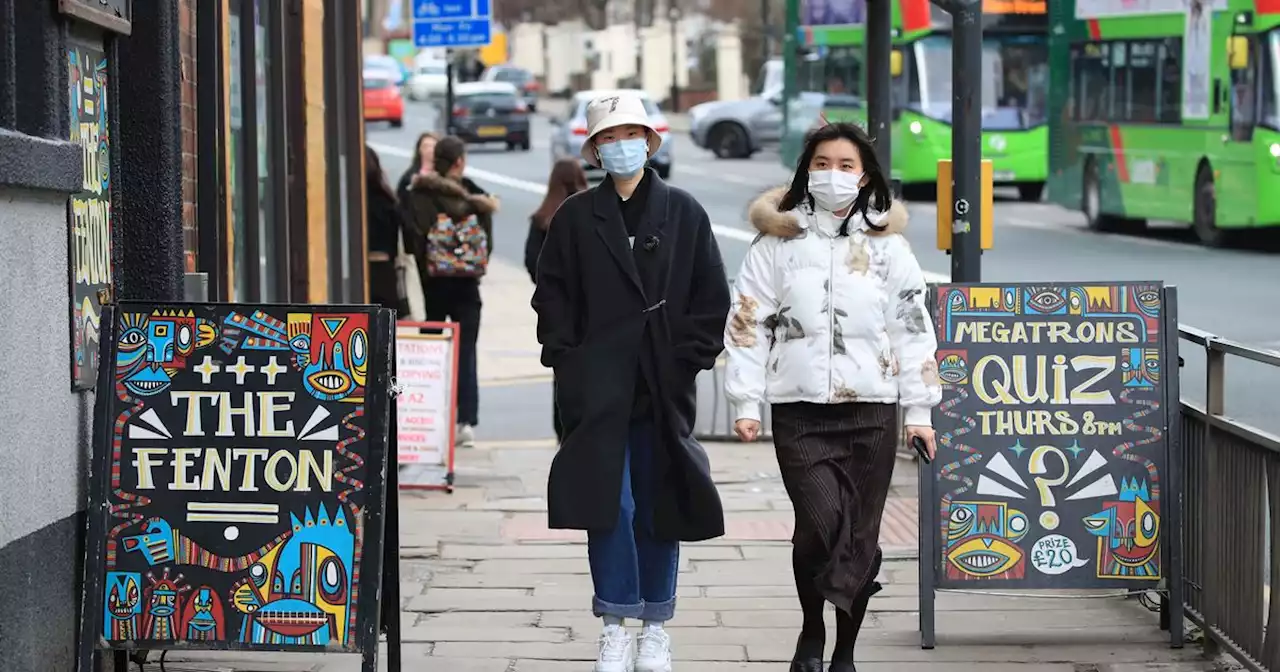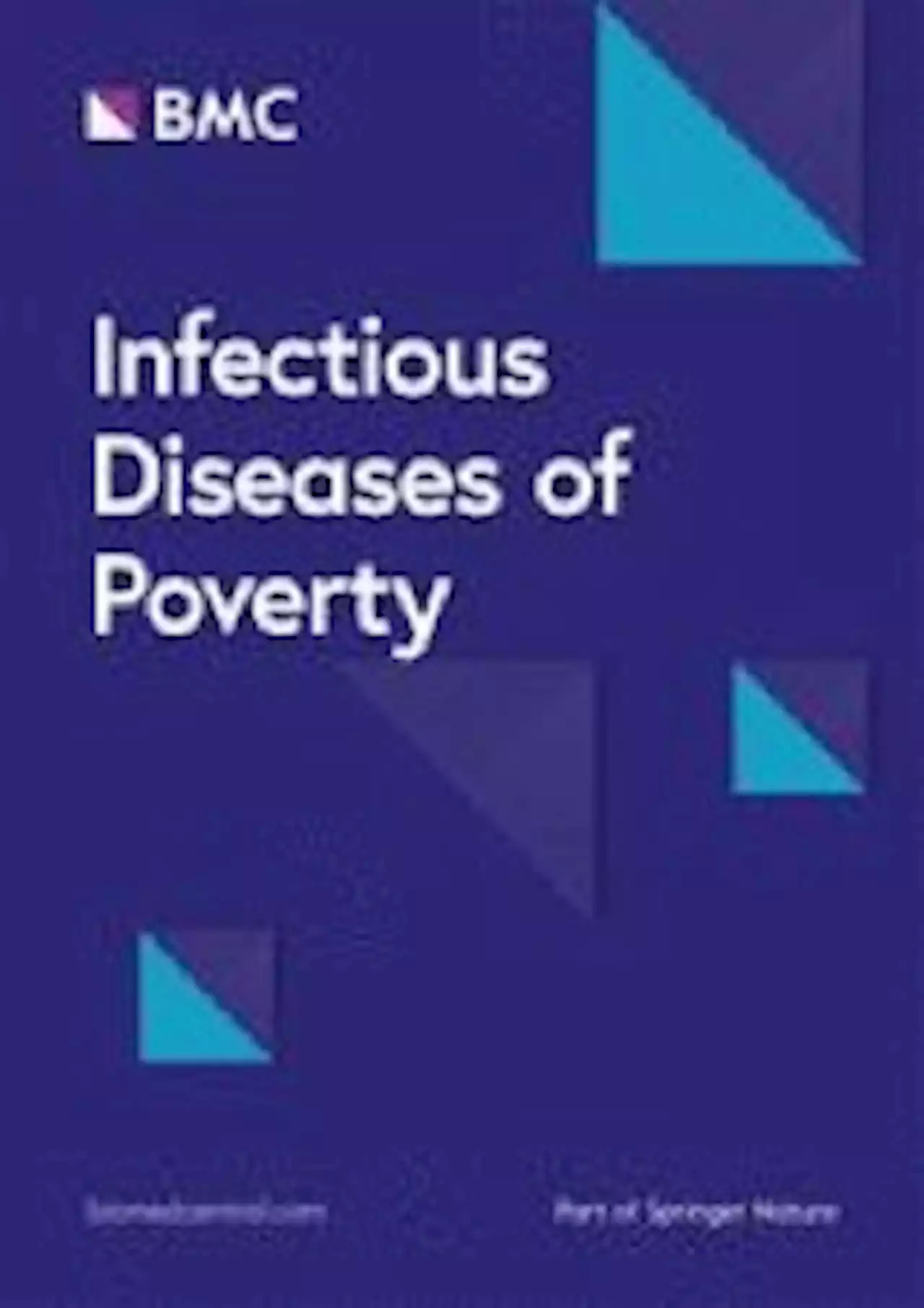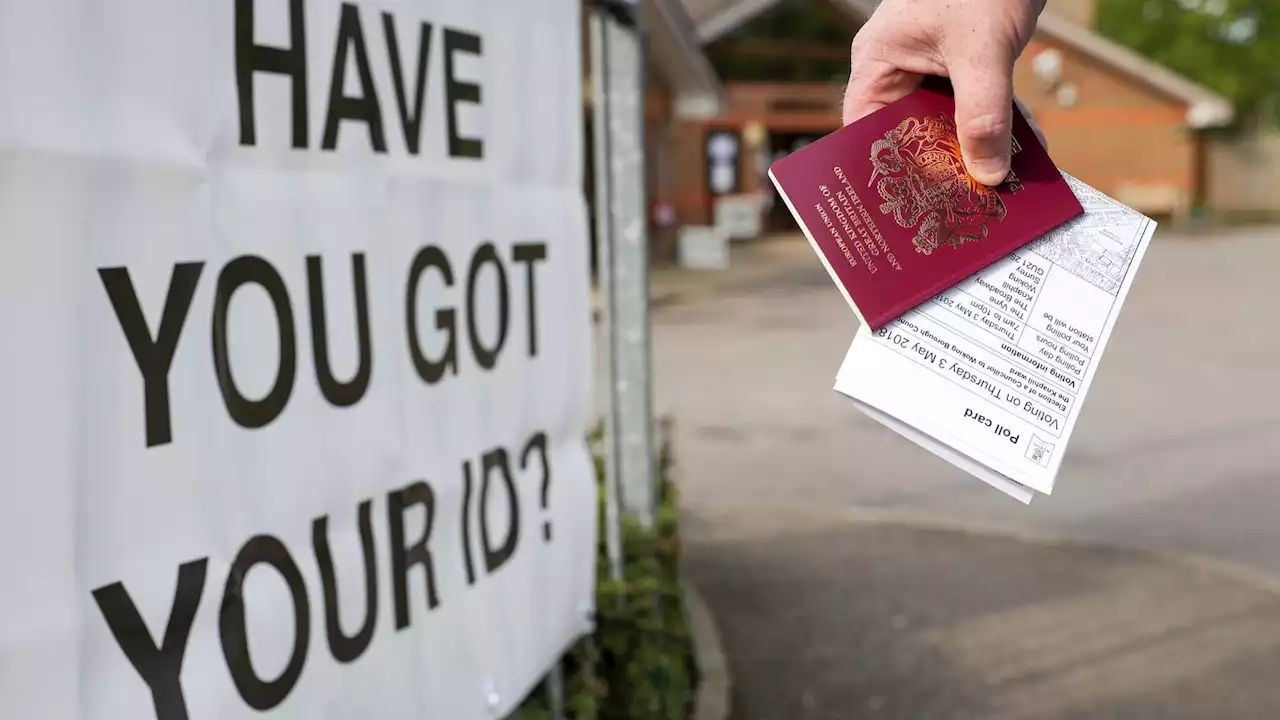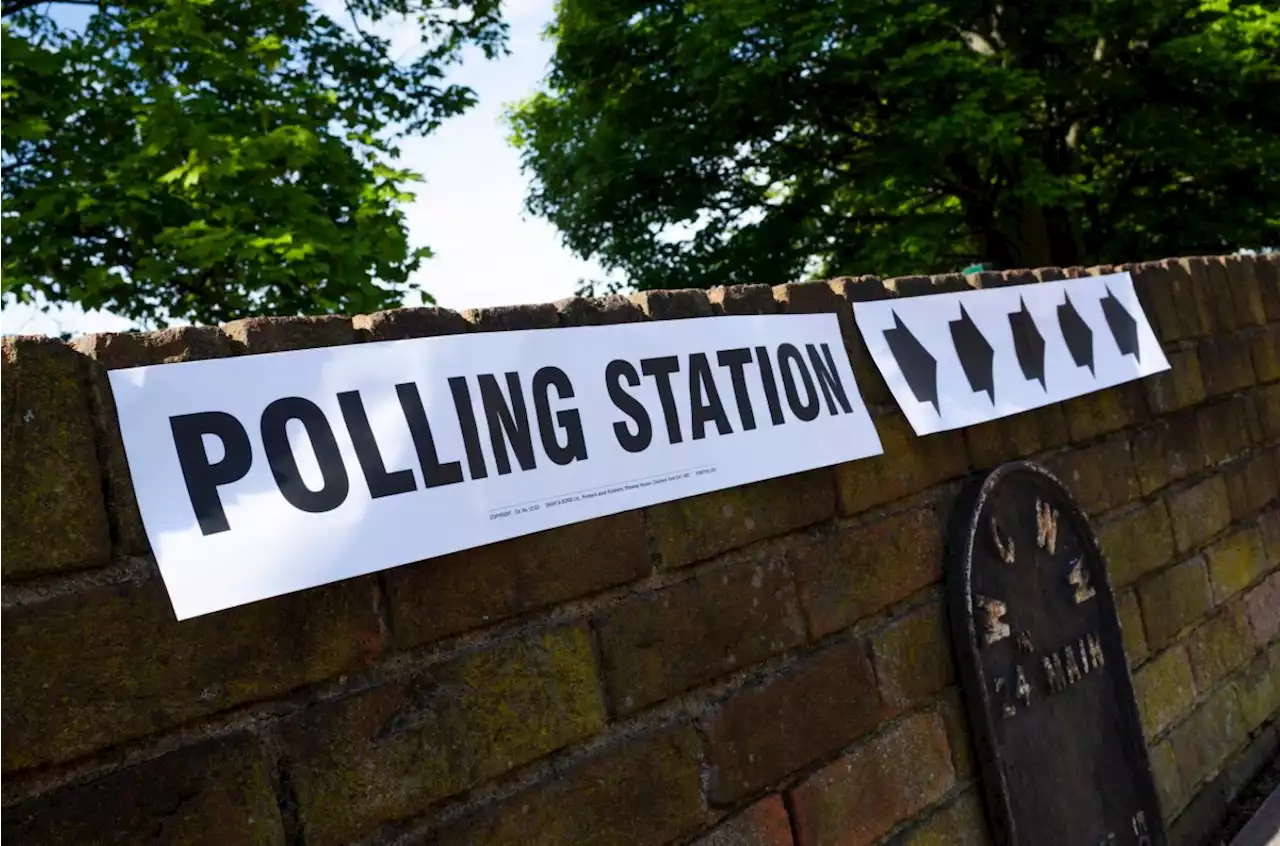People with serious health conditions who still wear face masks to protect them from Covid will have to remove them at polling stations at the local elections janemerrick23 reports:
Clinically vulnerable people who still wear face masks due to Covid say they are being effectively barred from taking part in next week’sVoters who wear any type of face covering will be asked to remove them in polling stations so staff can check their identity on, and have urged the government to issue exemptions to allow the clinically vulnerable to have their IDs checked outdoors.
But in an email to the group Clinically Vulnerable Families, the commission revealed that its equality impact assessments do not include how the immunocompromised or others with serious health conditions could be affected by the new rules. People who wear face coverings for religious reasons will also have to remove them at polling stations. But the Electoral Commission has issued guidance saying that they can request for a female polling agent to verify their identity.
“Current Equality Impact Assessments do not consider the needs of Clinically Vulnerable people in a post-Covid world who remain at higher risk of severe outcomes from infections. We believe it is essential that Clinically Vulnerable people are recognised under the Equality Act.
United Kingdom Latest News, United Kingdom Headlines
Similar News:You can also read news stories similar to this one that we have collected from other news sources.
 New Covid variant warning as expert urges people to wear masks againThe Arcturus strain of Covid is rapidly spreading in the UK and a University of Leeds professor has urged people to wear masks because of it
New Covid variant warning as expert urges people to wear masks againThe Arcturus strain of Covid is rapidly spreading in the UK and a University of Leeds professor has urged people to wear masks because of it
Read more »
 Increased interleukin-6 is associated with long COVID-19: a systematic review and meta-analysis - Infectious Diseases of PovertyBackground Coronavirus disease 2019 (COVID-19) can involve persistence, sequelae, and other clinical complications that last weeks to months to evolve into long COVID-19. Exploratory studies have suggested that interleukin-6 (IL-6) is related to COVID-19; however, the correlation between IL-6 and long COVID-19 is unknown. We designed a systematic review and meta-analysis to assess the relationship between IL-6 levels and long COVID-19. Methods Databases were systematically searched for articles with data on long COVID-19 and IL-6 levels published before September 2022. A total of 22 published studies were eligible for inclusion following the PRISMA guidelines. Analysis of data was undertaken by using Cochran's Q test and the Higgins I-squared (I2) statistic for heterogeneity. Random-effect meta-analyses were conducted to pool the IL-6 levels of long COVID-19 patients and to compare the differences in IL-6 levels among the long COVID-19, healthy, non-postacute sequelae of severe acute respiratory syndrome coronavirus 2 (SARS-CoV-2) infection (non-PASC), and acute COVID-19 populations. The funnel plot and Egger's test were used to assess potential publication bias. Sensitivity analysis was used to test the stability of the results. Results An increase in IL-6 levels was observed after SARS-CoV-2 infection. The pooled estimate of IL-6 revealed a mean value of 20.92 pg/ml (95% CI = 9.30–32.54 pg/ml, I2 = 100%, P | 0.01) for long COVID-19 patients. The forest plot showed high levels of IL-6 for long COVID-19 compared with healthy controls (mean difference = 9.75 pg/ml, 95% CI = 5.75–13.75 pg/ml, I2 = 100%, P | 0.00001) and PASC category (mean difference = 3.32 pg/ml, 95% CI = 0.22–6.42 pg/ml, I2 = 88%, P = 0.04). The symmetry of the funnel plots was not obvious, and Egger’s test showed that there was no significant small study effect in all groups. Conclusions This study showed that increased IL-6 correlates with long COVID-19. Such an informative revelation suggests IL-
Increased interleukin-6 is associated with long COVID-19: a systematic review and meta-analysis - Infectious Diseases of PovertyBackground Coronavirus disease 2019 (COVID-19) can involve persistence, sequelae, and other clinical complications that last weeks to months to evolve into long COVID-19. Exploratory studies have suggested that interleukin-6 (IL-6) is related to COVID-19; however, the correlation between IL-6 and long COVID-19 is unknown. We designed a systematic review and meta-analysis to assess the relationship between IL-6 levels and long COVID-19. Methods Databases were systematically searched for articles with data on long COVID-19 and IL-6 levels published before September 2022. A total of 22 published studies were eligible for inclusion following the PRISMA guidelines. Analysis of data was undertaken by using Cochran's Q test and the Higgins I-squared (I2) statistic for heterogeneity. Random-effect meta-analyses were conducted to pool the IL-6 levels of long COVID-19 patients and to compare the differences in IL-6 levels among the long COVID-19, healthy, non-postacute sequelae of severe acute respiratory syndrome coronavirus 2 (SARS-CoV-2) infection (non-PASC), and acute COVID-19 populations. The funnel plot and Egger's test were used to assess potential publication bias. Sensitivity analysis was used to test the stability of the results. Results An increase in IL-6 levels was observed after SARS-CoV-2 infection. The pooled estimate of IL-6 revealed a mean value of 20.92 pg/ml (95% CI = 9.30–32.54 pg/ml, I2 = 100%, P | 0.01) for long COVID-19 patients. The forest plot showed high levels of IL-6 for long COVID-19 compared with healthy controls (mean difference = 9.75 pg/ml, 95% CI = 5.75–13.75 pg/ml, I2 = 100%, P | 0.00001) and PASC category (mean difference = 3.32 pg/ml, 95% CI = 0.22–6.42 pg/ml, I2 = 88%, P = 0.04). The symmetry of the funnel plots was not obvious, and Egger’s test showed that there was no significant small study effect in all groups. Conclusions This study showed that increased IL-6 correlates with long COVID-19. Such an informative revelation suggests IL-
Read more »
 Local elections 2023: Government explains why 16-25 Railcard won't count as voter photo IDYoung person's rail cards and Oyster cards are not acceptable as voter ID, but 60+ Oyster cards and Older Person's bus passes are being accepted. The government has said that concerns about youngsters having digital ID informed their decision.
Local elections 2023: Government explains why 16-25 Railcard won't count as voter photo IDYoung person's rail cards and Oyster cards are not acceptable as voter ID, but 60+ Oyster cards and Older Person's bus passes are being accepted. The government has said that concerns about youngsters having digital ID informed their decision.
Read more »
 NVX-CoV2373 COVID vaccine safe and effective in preventing COVID-19 in adolescentResearch reports the results of a phase 3 clinical trial evaluating the safety, immunogenicity, and efficacy of the NVX-CoV2373 vaccine in adolescents aged 12 to 17 years. The study found that the vaccine was safe, immunogenic, and efficacious in preventing COVID-19, including the Delta variant, in adolescents.
NVX-CoV2373 COVID vaccine safe and effective in preventing COVID-19 in adolescentResearch reports the results of a phase 3 clinical trial evaluating the safety, immunogenicity, and efficacy of the NVX-CoV2373 vaccine in adolescents aged 12 to 17 years. The study found that the vaccine was safe, immunogenic, and efficacious in preventing COVID-19, including the Delta variant, in adolescents.
Read more »
